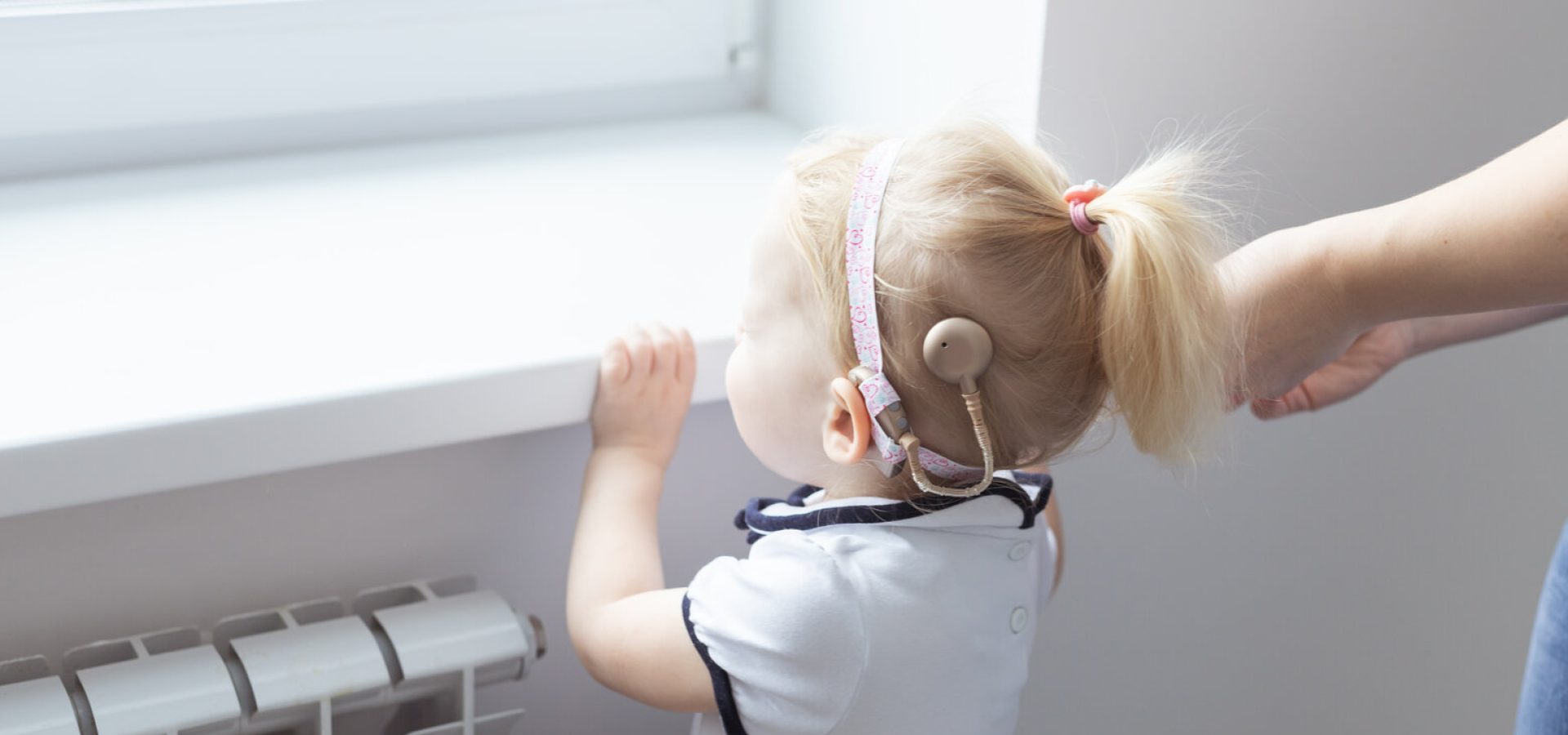Menu

A hearing aid is a small electronic device that people wear in or behind their ears. Hearing aids make sounds louder so that a person with hearing loss can listen, communicate, and participate more fully in daily activities. Hearing aids do not restore normal hearing. They can, however, help people make the most of the hearing they have. However, for the hearing aids to keep functioning properly, they’d need to get a tune-up every so often.
Why Do You Need to Tune Up Your Hearing Aid?
If you’re like most people, you probably don’t give your hearing aid much thought – until it starts acting up. All of a sudden, you may find yourself wondering, “Why do I need to tune up my hearing aid?”
Just like any other electronic equipment, hearing aids require regular maintenance in order to function properly. Over time, earwax and other debris in the ear can build up on the hearing aid’s internal components, causing it to malfunction. In addition, the hearing aid’s batteries may need to be replaced or recharged on a regular basis.
While it may seem like a hassle, tuning up your hearing aid is actually quite easy – and it’s well worth the effort. By taking the time to clean and maintain your hearing aid, you can help ensure that your hearing aid will continue to provide you with years of reliable service.
How Often Should You Tune Up Your Hearing Aid?
Hearing aids are expensive, and they require regular maintenance to keep them working properly. How often you need to tune up your hearing aid depends on the type of hearing aid you own and how often you use that hearing aid.
If you have a hearing aid that is more than a few years old, you should have your hearing aid serviced at least once a year. Even if you don’t use your hearing aid often, the battery can degrade over time, and the internal components can become clogged with wax and debris.
If you use your hearing aid regularly, you may need to have it serviced more often. If you notice that it isn’t working as well as it used to, or if you start having more trouble hearing than usual, it’s time to make an appointment with a hearing aid specialist.
Most hearing aid manufacturers offer some type of service contract that includes regular tune-ups and cleanings. If you have a service contract, be sure to take advantage of it and get your hearing aid serviced on a regular basis.
Hearing Aid General Care
Aside from giving your hearing aid a regular tune-up, you should also make sure you’re taking good care of it. This way, it will last longer under your care and require less frequent repair.
Here are some tips for taking care of your hearing aid:
- Keep it clean. Wipe down your hearing aid with a soft, dry cloth every day to remove dirt and earwax. If you use a lot of hair products or live in a dusty environment, you may need to clean your hearing aid more often.
- Store it properly. When you’re not using your hearing aid, store it in a safe place where it won’t get damaged (like a hard case). Avoid extreme temperatures and direct sunlight, which can damage the components of your hearing aid.
- Handle with care. Be careful when handling your hearing aid, so you don’t drop or damage it. Don’t try to repair it yourself – only qualified technicians should work on hearing aids.
Final Thoughts
In conclusion, a hearing aid tune-up is an important procedure to keep your hearing aid functioning properly. By getting a tune-up, you can ensure that your hearing aid is providing you with the best possible sound quality and that it is comfortable to wear.
Tune up your hearing aid with the help of Fraser Valley Beltone. We are a hearing clinic in Abbotsford that takes an approach to hearing care that no other company can match. It’s based on connecting with you as a person – and understanding what you enjoy in life and what’s important in a healthcare partner. Get in touch with us today!
Share Post
Facebook
Twitter
LinkedIn
Email
Reddit
Pinterest
